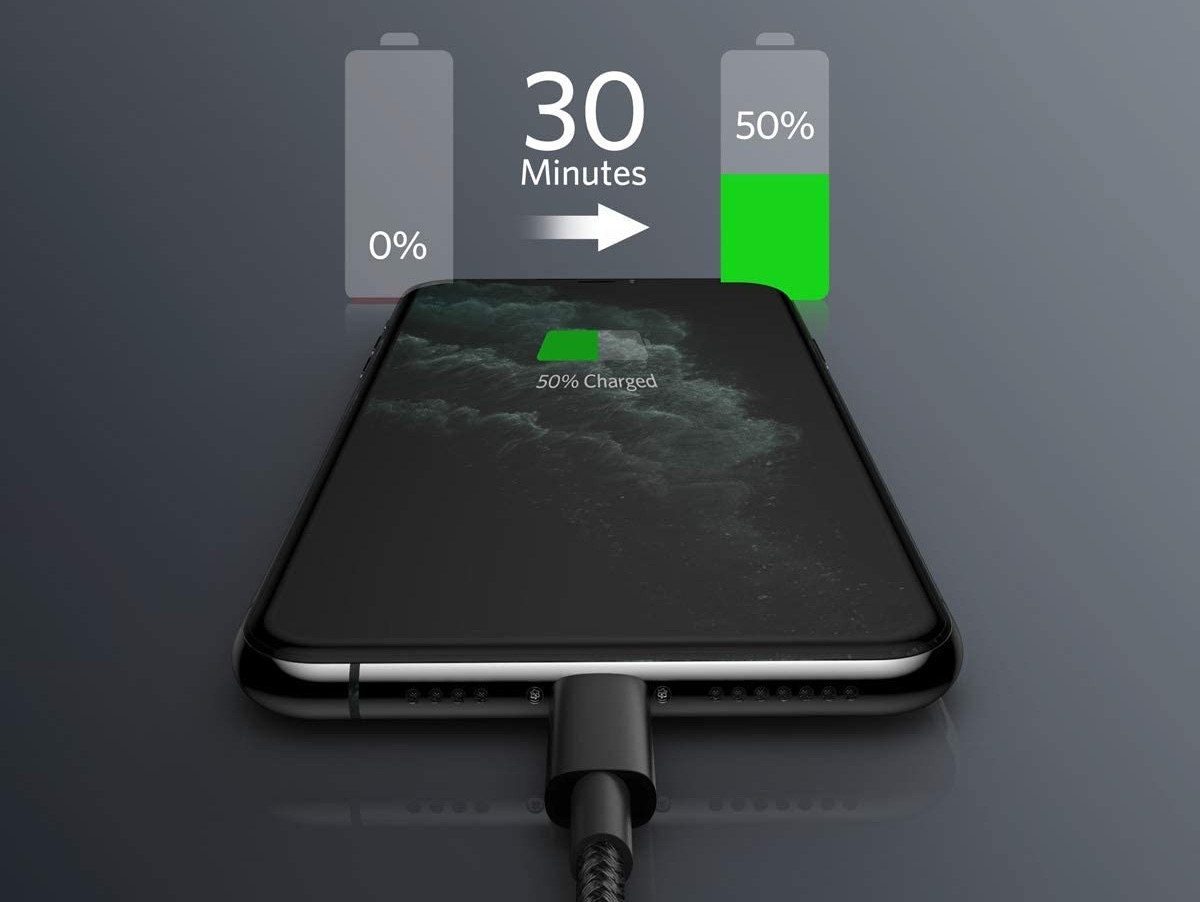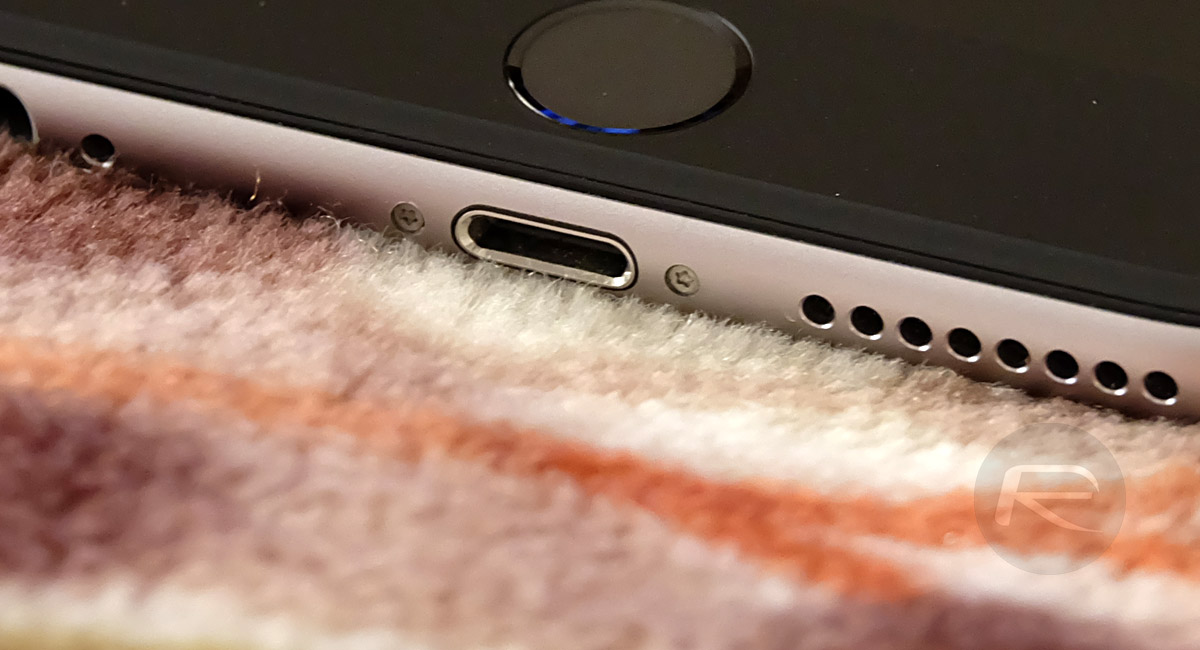Following an EU decision to require that all phones, tablets, and accessories use USB-C connections rather than Lightning or other options, Brazil is now considering doing something similar.
According to a new report, Brazil’s consumer body has now raised the prospect that it could require a single type of connector to allow for a “greater convenience for consumers” at a time when switching from Android to iPhone and back again could see multiple cables required.

It also reduces any potential confusion among people who are less tech-savvy, too.
Apple is already said to be getting ready to ditch the Lightning cable, however. While the iPhone 14 will continue to use the connector, there is now the expectation that the 2023 iPhone will go the USB-C route. We already know, via reports by Bloomberg and analyst Ming-Chi Kuo, that Apple has been testing a USB-C iPhone for some time.
It seems that Apple is working to get ahead of these kinds of requirements, with the EU set to require USB-C connections from 2024. If Apple was to switch to USB-C with September 2023’s iPhone 15 launch it would already be in compliance.
Apple is the only major phone maker that doesn’t already use USB-C, with the Android world already having settled on the connector years ago.

(source: 9to5Mac)
You may also like to check out:
- Jailbreak iOS 15.5 On iPhone And iPad Status Update
- Download: iOS 15.5 Final IPSW Links, OTA Files Along With iPadOS 15.5 Released
- iOS 16 Beta Compatible And Supported iPhone, iPad, iPod touch Devices
- iOS 16 Beta 2 Download IPSW Links For iPhone, iPad Released
- iOS 16 Public Beta 1 Release Date Announced
- iOS 16 Beta 2 Profile File Download Of OTA Update Without Dev Account Out Now
- iOS 16 Beta 3 Download And Release Date: Here’s When To Expect It From Apple
- Download iOS 16 Beta 2 IPSW Links And Install On iPhone 13, Pro, 12, Pro, 11, Pro, XS Max, X, XR, 8, Plus, iPad [Tutorial]
You can follow us on Twitter, or Instagram, and even like our Facebook page to keep yourself updated on all the latest from Microsoft, Google, Apple, and the Web.

